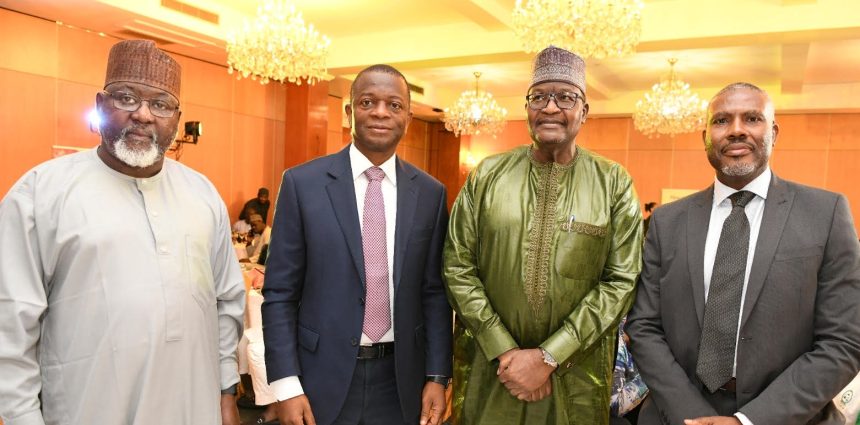Nigeria’s Telecom Contribution to GDP Hits 16% – Danbatta
By Patience Ikpeme
Data from the Nigerian Communications Commission (NCC) and the Nigeria Bureau of Statistics (NBS), shows that the telecommunications sector’s contribution to the country’s Gross Domestic Product (GDP) increased to 16% in the second quarter of 2023.
This is up from 14.13% in the first quarter of 2023 and the previous all-time high of 15% in the second quarter of 2022.
The Executive Vice Chairman of the NCC, Prof. Umar Danbatta, made these remarks during a keynote address at the annual Telecom Executives and Regulators Forum. He discussed the success factors and barriers to achieving the country’s broadband and digital economy aspirations.
Danbatta highlighted the growth of the telecommunications industry since he took office in 2015, when it contributed only 8% to the GDP.
Through effective regulation and operational efficiency, the industry has experienced significant growth, positively impacting other sectors of the economy.
However, Danbatta also acknowledged the challenges faced by the industry, such as right of way (RoW) issues, fiber cuts, high capital requirements, multiple taxations, and regulatory complexities.
The NCC he said “is working to address these challenges through increased collaboration with stakeholders like the Association of Telecom Companies of Nigeria (ATCON)”.
One major challenge mentioned by Danbatta is the issue of taxes imposed on telecom operators at the state and local levels, resulting in economic burdens for subscribers. He stated that there are currently 46 different taxes directed at the telecom sector.
Despite these challenges, Danbatta expressed confidence that the NCC’s efforts will lead to significant broadband penetration in the country.
“The NCC aims to reach a 50% penetration rate by the end of 2023 and surpass a 70% penetration rate by 2025, as outlined in the Nigerian National Broadband Plan”.
Danbatta praised ATCON and its members for their partnership and engagement in finding solutions to industry challenges.
He emphasized that success in achieving the country’s digital aspirations goes beyond technological advancements and is about transforming lives, driving economic growth, and maintaining competitiveness on the global stage.
Danbatta called on all stakeholders to remain committed to building a more connected future for Nigeria.




